Funny Girl is the story of the early career of the vivacious, hilarious Sophie Straw, star of the much-loved BBC situation comedy Barbara (and Jim), the television programme that ran for four series in the mid-1960s, helped define its era and, crucially, does not exist. The imaginative kernel of Nick Hornby’s new novel is a classic Sixties British sitcom somewhere between Marriage Lines and Till Death Us Do Part, starring the sort of person who rarely received top billing in such shows at that time: a bright, beautiful and naturally funny young woman.
Already a subscriber? Log in
Subscribe for just $2 a week
Try a month of The Spectator Australia absolutely free and without commitment. Not only that but – if you choose to continue – you’ll pay just $2 a week for your first year.
- Unlimited access to spectator.com.au and app
- The weekly edition on the Spectator Australia app
- Spectator podcasts and newsletters
- Full access to spectator.co.uk
Unlock this article
Available from the Spectator Bookshop, £15.99 Tel: 08430 600033
You might disagree with half of it, but you’ll enjoy reading all of it. Try your first month for free, then just $2 a week for the remainder of your first year.

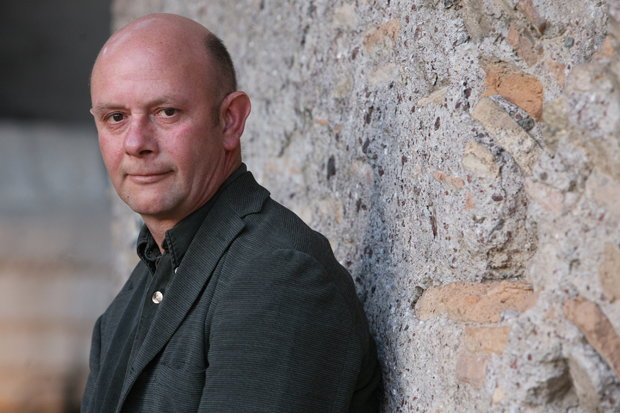
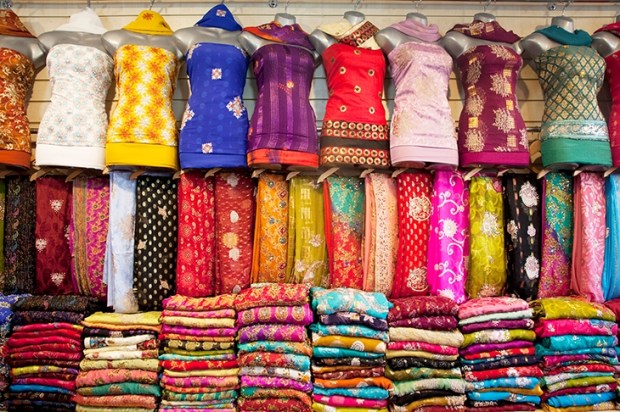
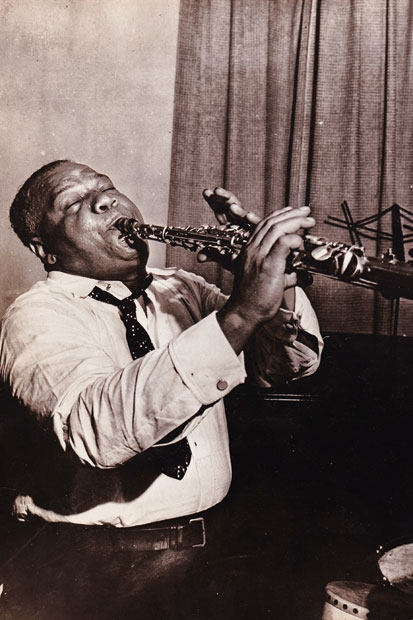
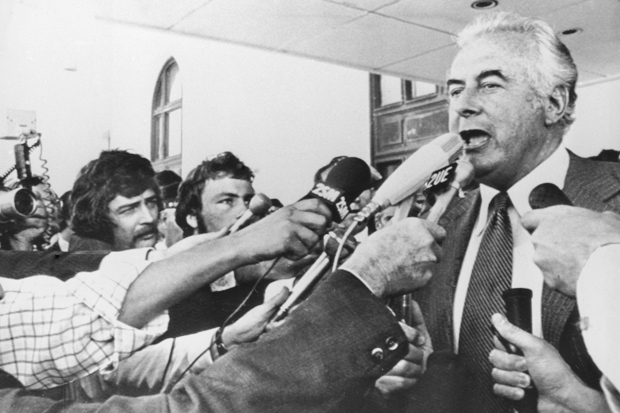
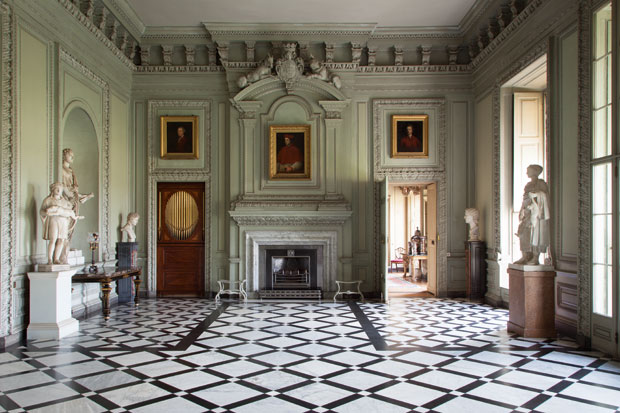
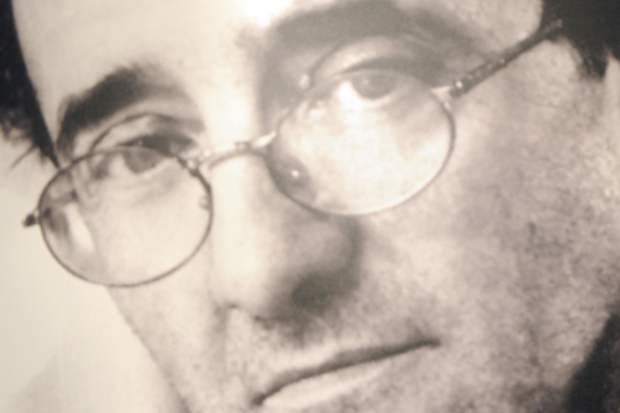
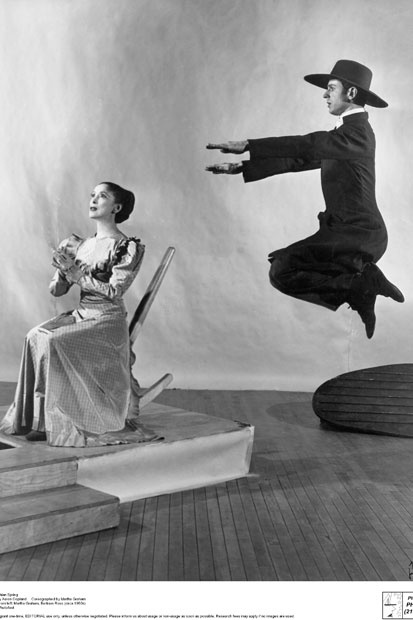






Comments
Don't miss out
Join the conversation with other Spectator Australia readers. Subscribe to leave a comment.
SUBSCRIBEAlready a subscriber? Log in